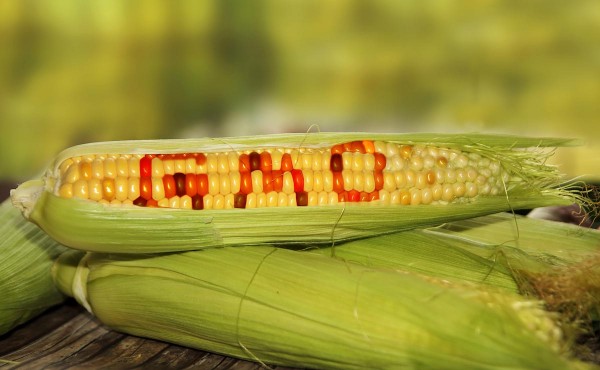
Advertisement
Bans on genetically modified crops imposed by state and local governments in the Pacific Northwest are perfectly legal, meaning that there is nothing the federal government or Big Food and Monsanto can do about it, a federal appeals court has ruled.
As reported by The Daily Astorian, federal statutes do not preempt or otherwise prevent local governments from banning GMO crops that have already been deregulated by the U.S. Department of Agriculture, according to the ruling from the 9th U.S. Circuit Court of Appeals.
A panel of judges decided to overturn an earlier ruling which held that Maui County in Hawaii was not permitted to ban commercialized GMO crops in 2014, because the local ordinance was preempted by federal rules governing biotechnology.
The panel ruled that there is no conflict between local regulations and federal rules and laws because, in this case, the USDA lacks jurisdiction over biotech/GMO crops once they’ve been deregulated, the paper said in online editions.
‘Far-reaching practical effects’
Preventing state and local governments from being able to regulate crops that were at one time considered plant pests would have a “backwards effect,” because they are able to regulate conventional and organic crops that raise fewer concerns among local officials.
“Such a holding would have far-reaching practical effects,” the 9th Circuit panel wrote. “Because a large percentage of commercial crops grown in the United States are GE crops, states and counties across the nation would be prevented from regulating an enormous swath of agriculture. We do not believe that Congress so intended.”

That said, state and local bans on GMO crops cannot be applied to biotech species that are still being regulated by the USDA, since that federal agency retains jurisdiction over them until they have been commercialized, the panel said.
Though the 9th Circuit panel ruled in favor of critics of GMO crops on federal preemption, Maui County’s GMO ban remains vacated because the appellate court found that the statute was preempted by the state’s comprehensive laws and rules dealing with the same subject of potentially harmful plants and crops.
“By banning commercialized GE [genetically engineered] plants, the ordinance impermissibly intrudes into this area of exclusive state regulation and thus is beyond the county’s authority” under Hawaiian law, the court said.
The ruling is significant in that the 9th Circuit Court covers nine Western states where counties in Oregon, Washington state and California all have bans on GMO crops.
Paul Achitoff, a lawyer with the Earthjustice law firm that represented critics of GMOs in the case, described the ruling as “a relief” and anything but “a worst-case scenario.”
‘The state has not been protecting people’
Despite that, Achitoff said that he was nevertheless disappointed by the 9th Circuit ruling that state law preempts the local GMO ban in Maui County, which he said was “a loss for Hawaii’s people.”
He added that local ordinances are necessary in Hawaii because biotech breeding occurs there and because state regulations predate GMOs, creating what he called a “vacuum.”
“The state has not been protecting people in that respect,” he told The Daily Astorian.
Biotech giant Monsanto sued to overturn the law. Officials with the company said they were proud to be a part of the agricultural community in Hawaii, where it has 1,000 employees, and understands its “responsibility to farm sustainably and to work collaboratively,” an emailed statement to the paper noted.
Only, GMO crops are not in the best interests of the people of Hawaii – or anywhere else, for that matter. And to that end, local governments elected by local populations should have the right to decide for themselves what kind of agricultural products they want grown on their locally owned land and within their locally inhabited ecosystems.
Sources:
Submit a correction >>
This article may contain statements that reflect the opinion of the author
Advertisement
Advertisements















